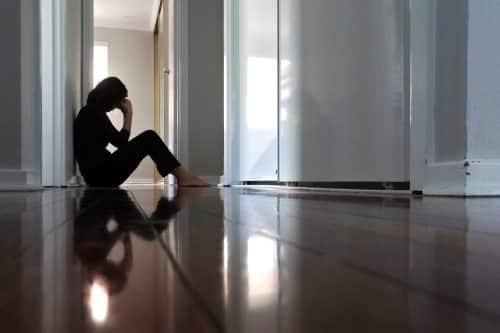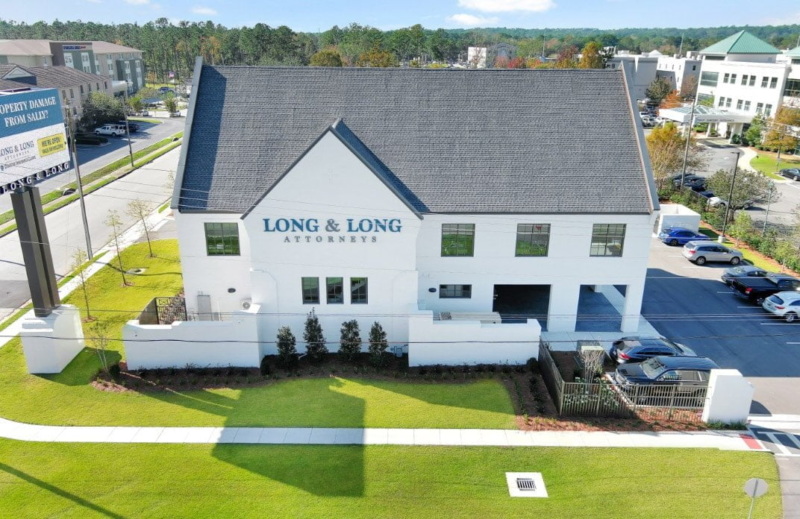Brain injuries can be mild, such as a mild concussion sustained in childhood play, sports etc. and no particular treatment may be necessary. However, only a medical professional could make that determination — one should always have an examination after any sort of head injury because symptoms can be delayed or not obvious and lack of treatment can worsen the brain injury.
Disabilities Depend on Brain Areas Injured
A traumatic brain injury (TBI) is a severe injury that requires immediate emergency medical care and a great deal of follow-up care, therapy, and retraining. TBI symptoms depend on which area(s) of the brain are damaged. There are six general brain areas (lobes) and they enable different functions.
- The frontal lobe behind the forehead — judgment, planning and problem solving, focus, organization, self-monitoring, word use, emotions
- The parietal lobe at the top of the head — hearing, memory, understanding language
- The occipital lobe at the back of the head — vision
- The two parietal lobes, one on each side of the head — sense of touch, spatial perception, differentiating sizes, shapes and colors
- The Cerebellum at the base of the brain — balance, skilled motor activities, coordination
- The Brain Stem at the top of the spinal cord and beneath the Cerebellum — breathing, heart rate, consciousness, sleep and wake functions, attention span
When you consider that a brain injury can involve any combination of brain areas, you can see why TBI symptoms would be varied, complex and somewhat different in each TBI case.
The Continuum of Care
After the initial emergency evaluation and immediate stabilization have been done (such as initial tests of brain function, stopping any bleeding, applying splints or dressings, setting up an IV line for fluids and medications), the injured person is transferred to the hospital’s intensive care unit. Here the care is very individual with each nurse caring for just one or two patients. Vital signs are closely monitored, dressings are frequently changed, tests are continued, and the doctors frequently visit and check for any progress or deterioration. If necessary, the patient is transferred to a specialty neuro-trauma unit.
At some point, the patient’s condition stabilizes, and the way forward becomes clear enough for the doctors to formulate a long-term rehabilitation program. If possible, care is given at home with help from visiting therapists or with an outpatient or day care community treatment program. When the injury is more acute, home-based care may not be possible. The patient may be transferred to a transitional residence for post-acute or sub-acute rehabilitation and later to a more permanent living facility.
There has been a lot of research with new technology and new treatments being developed over the past 30 years or so, and the outlook for TBI patients has improved vastly. However, each TBI is individual and the prognosis and recovery are also individual.
Brain injuries are caused every day by such things as auto accidents, sports mishaps, and especially by motorcycle accidents. If you have a loved one who sustained a TBI because of someone else’s negligence, we can help. The costs of long-term TBI care can be enormously high and if you have a valid legal claim, we will fight to obtain full and fair compensation for you. Please contact our law office today.







